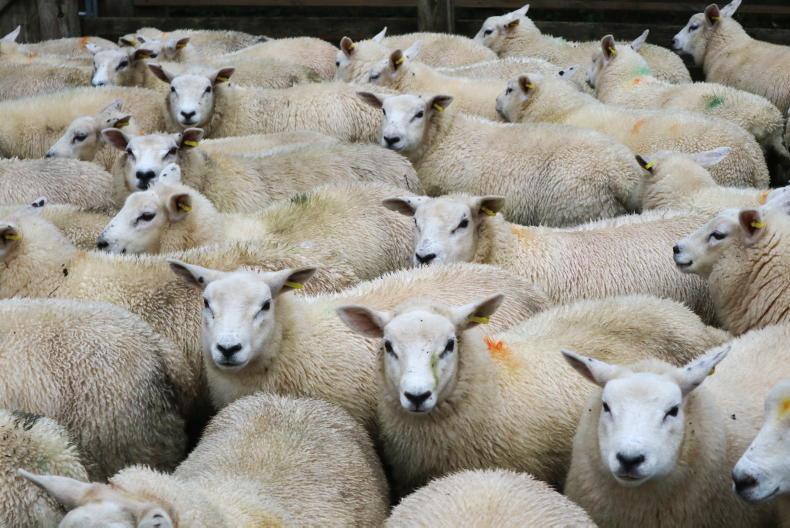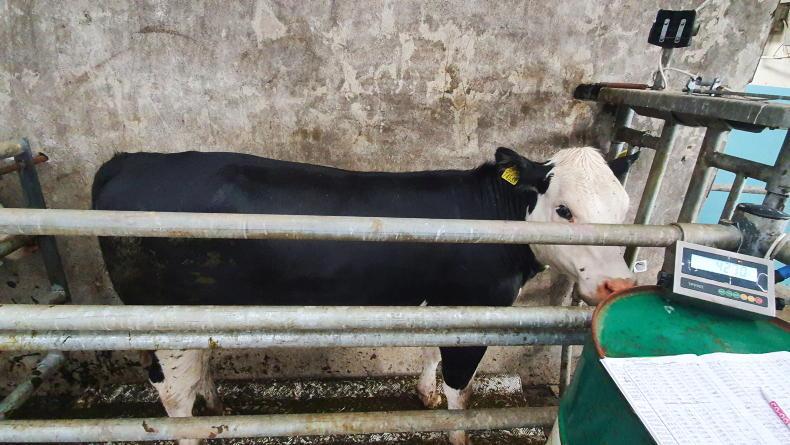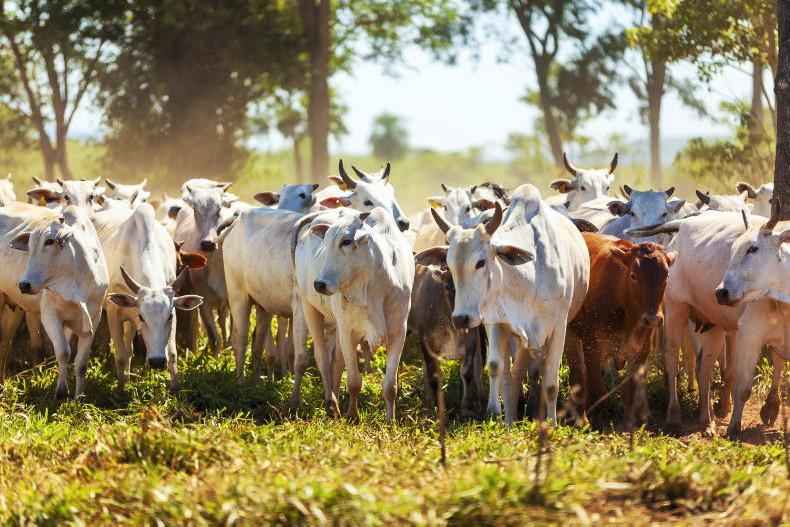Minister for Agriculture Charlie McConalogue has warned farmers of the increasing threat of the bluetongue virus.
It follows on from the announcement that a bluetongue virus serotype 3 (BTV-3) case was confirmed in a sheep in Norfolk in the UK for the first time since March.
Responding to the outbreak, Minister McConalogue said his Department will continue its surveillance and control measures to help protect Irish cattle and sheep.
“Bluetongue is a serious threat to the Irish cattle and sheep industries and has caused very substantial losses to farmers and industry in affected countries recently.
“The risk to Irish livestock is increasing and I strongly advise all livestock farmers to stay vigilant, review their farm biosecurity arrangements, avoid introducing cattle or sheep from affected areas and countries and report any suspicion of disease to my Department.”
Exports from Britain
Due to the threat, no animals which are susceptible to bluetongue may move from Britain to Ireland, as the Department tries to keep the disease out of the country.
Responding to a query from the Irish Farmers Journal, the Department said for such trade to recommence, “the UK authorities would need access to an EU-approved vaccine for BTV-3 and would need to establish EU recognised bluetongue disease-free zones”.
If either of these requirements is not met, the restrictions would remain in place for at least another two years.
The Department added that if a farmer has any suspicion of disease on their farm, it must be reported to the local regional veterinary office (RVO) without delay.
Increasing threat
There is currently no vaccine for BTV-3 that has European marketing authorisation within the EU.
The disease is transmitted through midge bites and current temperatures are allowing for increased activity and bluetongue transmission risk.
The disease could potentially spread to Ireland through import of infected animals, infected foetuses, germinal products or wind dispersal of infected midges from mainland Europe.
“I ask all cattle and sheep farmers, and particularly any involved in trading in and transport of livestock to and from affected areas and countries, to support these actions and work closely with their local RVO to help minimise the risk of introducing the virus here,” Minister McConalogue added.
Advice
Anyone who intends to bring animals into the country that are susceptible to bluetongue, the Department is advising that they should implement all preventative measures that can help to keep Ireland free of bluetongue including the following:
Immediately isolate the animals indoors in a clean shed on arrival, away from the rest of the herd or flock, until all the post-entry blood testing has been carried out and results have been received. Check that the animals have the correct identification and certification requirements. Ensure that they have access to clean dry bedding, feed and water and contact your vet without delay if any animals appear unwell. Contact the local RVO immediately once the animals arrive to arrange for the required post-entry checks for diseases including bluetongue. Read more
Bluetongue case detected in Norfolk
Minister for Agriculture Charlie McConalogue has warned farmers of the increasing threat of the bluetongue virus.
It follows on from the announcement that a bluetongue virus serotype 3 (BTV-3) case was confirmed in a sheep in Norfolk in the UK for the first time since March.
Responding to the outbreak, Minister McConalogue said his Department will continue its surveillance and control measures to help protect Irish cattle and sheep.
“Bluetongue is a serious threat to the Irish cattle and sheep industries and has caused very substantial losses to farmers and industry in affected countries recently.
“The risk to Irish livestock is increasing and I strongly advise all livestock farmers to stay vigilant, review their farm biosecurity arrangements, avoid introducing cattle or sheep from affected areas and countries and report any suspicion of disease to my Department.”
Exports from Britain
Due to the threat, no animals which are susceptible to bluetongue may move from Britain to Ireland, as the Department tries to keep the disease out of the country.
Responding to a query from the Irish Farmers Journal, the Department said for such trade to recommence, “the UK authorities would need access to an EU-approved vaccine for BTV-3 and would need to establish EU recognised bluetongue disease-free zones”.
If either of these requirements is not met, the restrictions would remain in place for at least another two years.
The Department added that if a farmer has any suspicion of disease on their farm, it must be reported to the local regional veterinary office (RVO) without delay.
Increasing threat
There is currently no vaccine for BTV-3 that has European marketing authorisation within the EU.
The disease is transmitted through midge bites and current temperatures are allowing for increased activity and bluetongue transmission risk.
The disease could potentially spread to Ireland through import of infected animals, infected foetuses, germinal products or wind dispersal of infected midges from mainland Europe.
“I ask all cattle and sheep farmers, and particularly any involved in trading in and transport of livestock to and from affected areas and countries, to support these actions and work closely with their local RVO to help minimise the risk of introducing the virus here,” Minister McConalogue added.
Advice
Anyone who intends to bring animals into the country that are susceptible to bluetongue, the Department is advising that they should implement all preventative measures that can help to keep Ireland free of bluetongue including the following:
Immediately isolate the animals indoors in a clean shed on arrival, away from the rest of the herd or flock, until all the post-entry blood testing has been carried out and results have been received. Check that the animals have the correct identification and certification requirements. Ensure that they have access to clean dry bedding, feed and water and contact your vet without delay if any animals appear unwell. Contact the local RVO immediately once the animals arrive to arrange for the required post-entry checks for diseases including bluetongue. Read more
Bluetongue case detected in Norfolk










SHARING OPTIONS